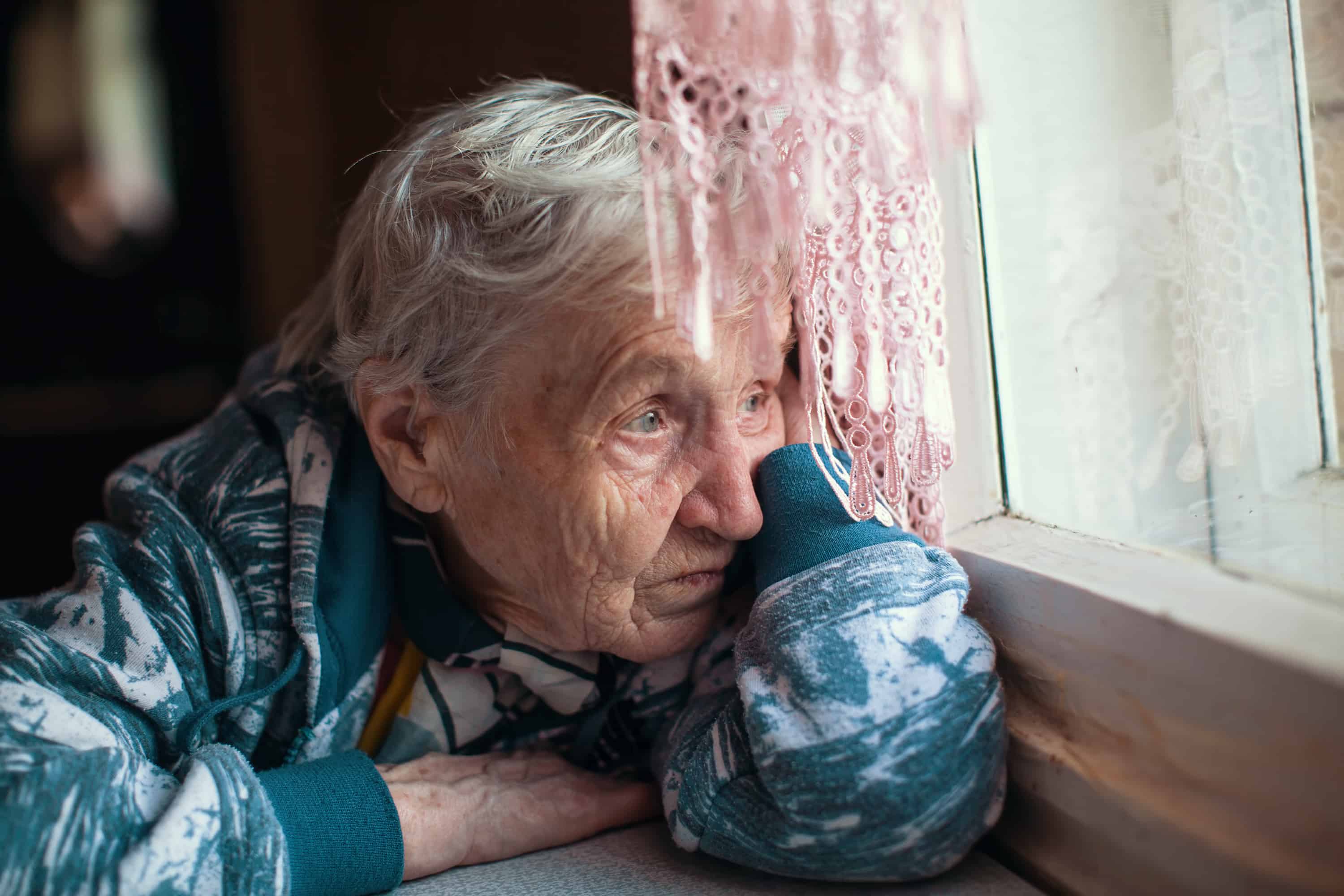Depression can happen to anyone, regardless of age and gender. However, aging individuals are the ones most likely to experience it. When a senior family member is not happy, it does not necessarily mean he is experiencing depression. If you have an aging loved one, it is vital that you know the difference of the illness from loneliness. We listed at least 10 Signs of Depression that you need to watch.
What is Depression?
According to the National Institute of Mental Health (NIMH), depression is a “common but serious mood disorder.” More so, it leads to serious symptoms affecting how an individual thinks, feels, and handles his daily activities. These activities include working, sleeping, or eating, to name a few. In addition, you can confirm that your senior loved one experiences the disorder if the symptoms of depression above are present for at least two weeks.
Unfortunately, a lot of older adults do not recognize the signs and symptoms of geriatric depression. More so, they don’t take the necessary steps to get all the help they need. These are some of the reasons:
- Either the family members or the senior himself assumes depression is just a part of aging.
- The senior lives in an isolated place. Relatively, only a few people are around to notice his distress.
- Family members are not aware that their elderly loved one’s complaints are already signs of depression.
- There is reluctance from the senior to talk about his feelings or seek help from others.
Depression Facts
According to Mental Health America (MHA), depression impacts over 19 million Americans each year, regardless of gender, race, and age. While this disorder can occur in younger people, it is not considered a normal part of aging. There is a huge possibility though, of the occurrence of depression along with the existence of other physical health conditions.
MHA adds, for instance, almost “600,000 people suffering from a stroke in a given year are likely to suffer from clinical depression.” Unfortunately, such symptoms are frequently overlooked and remain untreated. This happens when they occur with other illnesses or events in life commonly happening as a person ages.
10 Signs of Depression to Watch

If you are the one providing care to the senior in your family or a professional caregiver, you should know the depression signs and symptoms. Here are 10 of the common symptoms to watch so you’ll know if your loved one is experiencing depression:
- Loneliness or feeling of despair
- Pains and aches they cannot explain
- Loss of appetite can lead to weight loss
- Loss of interest in hobbies or socialization
- Feeling helpless and hopeless
- Loss of energy and motivation
- Asleep disorder (difficulty staying or falling asleep, sleepiness during daytime, or oversleeping)
- Feeling sad that he loses his self-worth (the elderly starts to worry about being a burden on the family, feels worthless)
- Continually thinking of death and suicide
- Neglecting attending to his personal care (forgetting to take his medicines, skipping meals, ignoring or disregarding personal hygiene)
Not all the seniors who go through depression experience every sign or symptom. Some people may encounter just a few of them. However, other older adults may experience most of the symptoms. The seriousness and frequency of such signs and their duration vary according to a senior’s particular illness.
Risk Factors
Depression is one of the most common mental illnesses in the U.S. Recent studies find that it is a result of a combination of biological, psychological, genetic, and environmental factors. Also, the disorder can happen to anyone at any age. However, it frequently starts in adulthood.
Incidentally, depression takes place alongside other severe illnesses like cancer, diabetes, Parkinson’s disease, and heart disease. These conditions often worsen when there is depression. Relatively, there are times when medicines taken for the physical illnesses mentioned may result in side effects that contribute to the depression in the elderly.
The common risk factors include:
- Family or personal history of depression
- Major life trauma, stress or changes
- Therapies and treatments
- Certain medications and physical illnesses
Treatment and Medication
The mental disorder, even the most serious medical condition, is treatable. The earlier the treatment, the more it becomes effective. Usually, people with depression is curable through psychotherapy, medicines, or both. If such treatments do not lessen the symptoms, the so-called electroconvulsive therapy (ECT), and the other brain stimulation treatments may be choices of exploration.
For medications, antidepressants are commonly used to treat depression. They help enhance how a person’s brain uses some chemicals that control stress or mood. You might need to try various antidepressant medications before finding the right treatment to enhance the symptoms, and manage the side effects.
Essentially, antidepressants take time. Specifically, it may bring about 2 to 4 weeks to work and often, symptoms like appetite, focus problems, and sleep improve before the mood lifts. Therefore, it is vital to give medicines a chance before coming up with a conclusion about how effective it is. There are times when the depressed seniors taking antidepressants, feel relieved, and eventually stops taking medication by themselves.
So, the moment an older adult stops taking antidepressants on his own, his depression recurs. There will be time too when your parents or grandparent and his doctor decide that it is time to stop taking medicine. Relatively, after 6 to 12 months, the latter will slowly and safely decrease the dose. It is essential to know that stopping the medication immediately can result in withdrawal symptoms.
Manage a Loved One’s Depression
If depression is bothering you that you suspect your parent or grandparent has it, worry no more. Innovative Homecare Solutions, Inc. has a pool of experienced caregivers who can help your loved one manage his depression. Call us today at +1-630-225-0100 for your senior family member’s free assessment. With us, you will surely get the deserving pay for live-in care.

